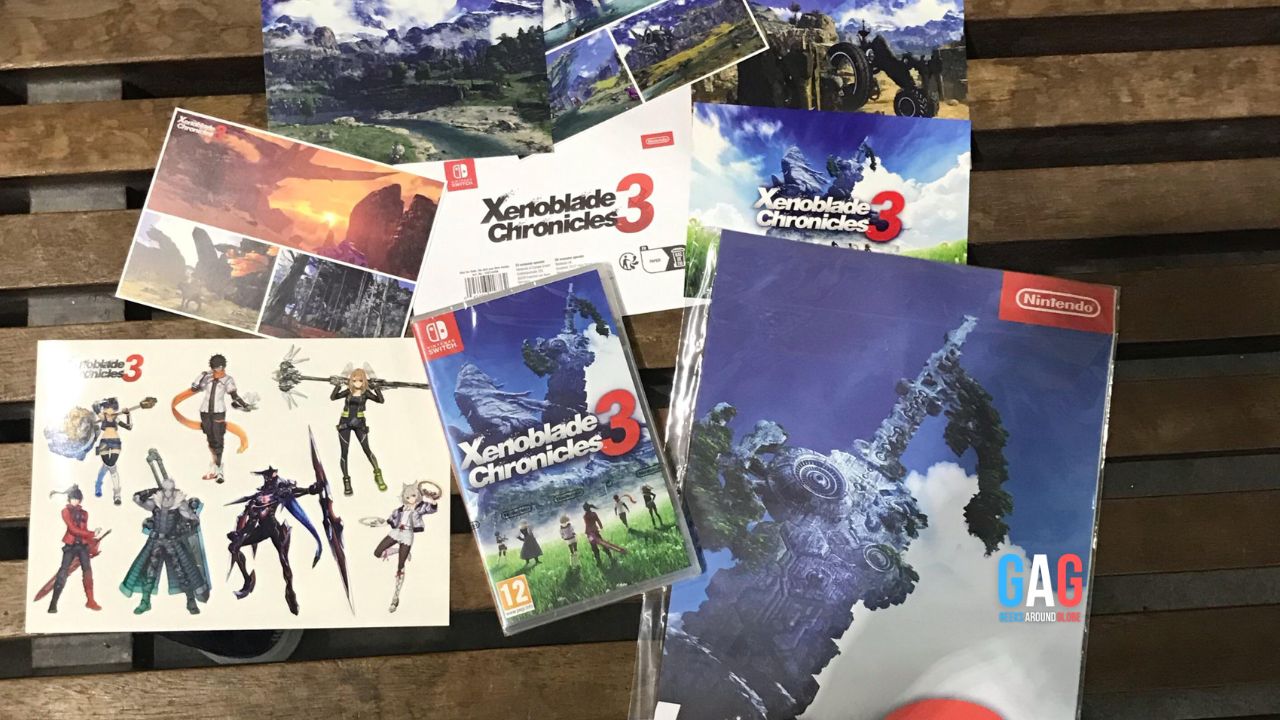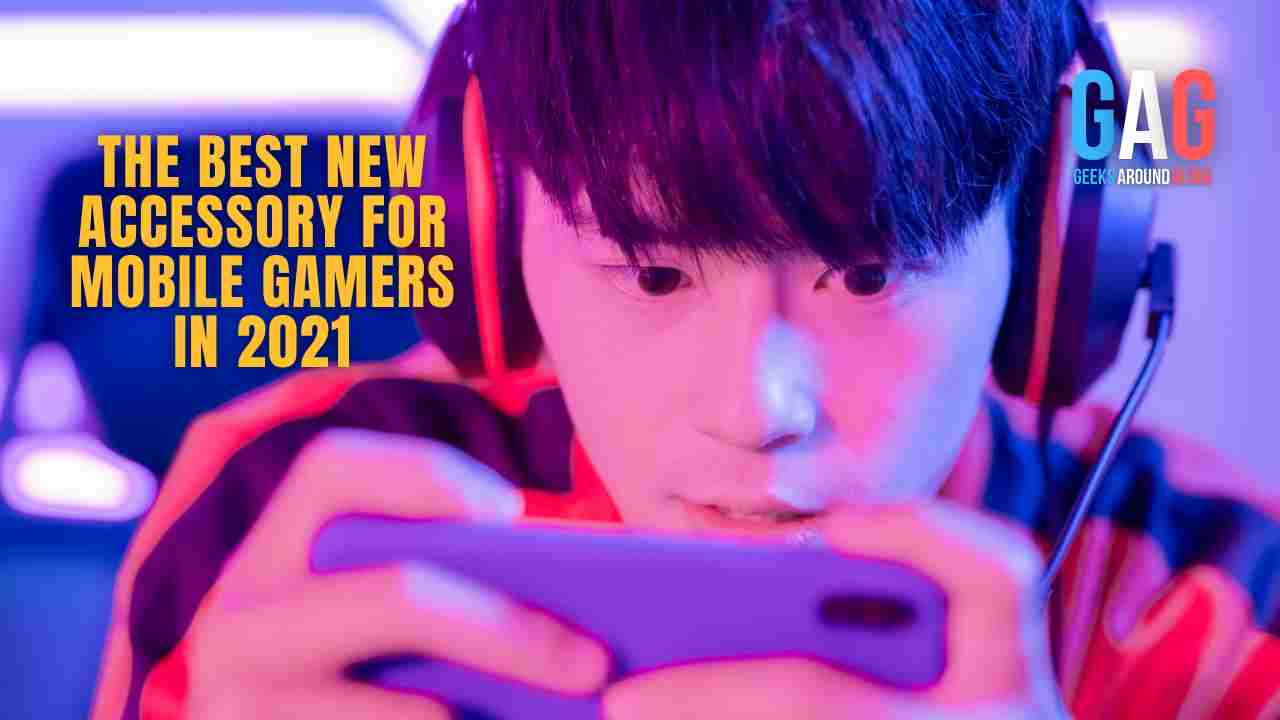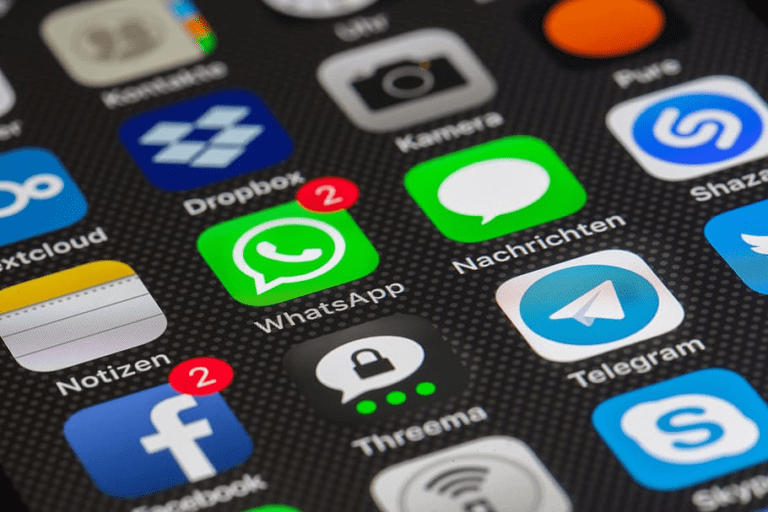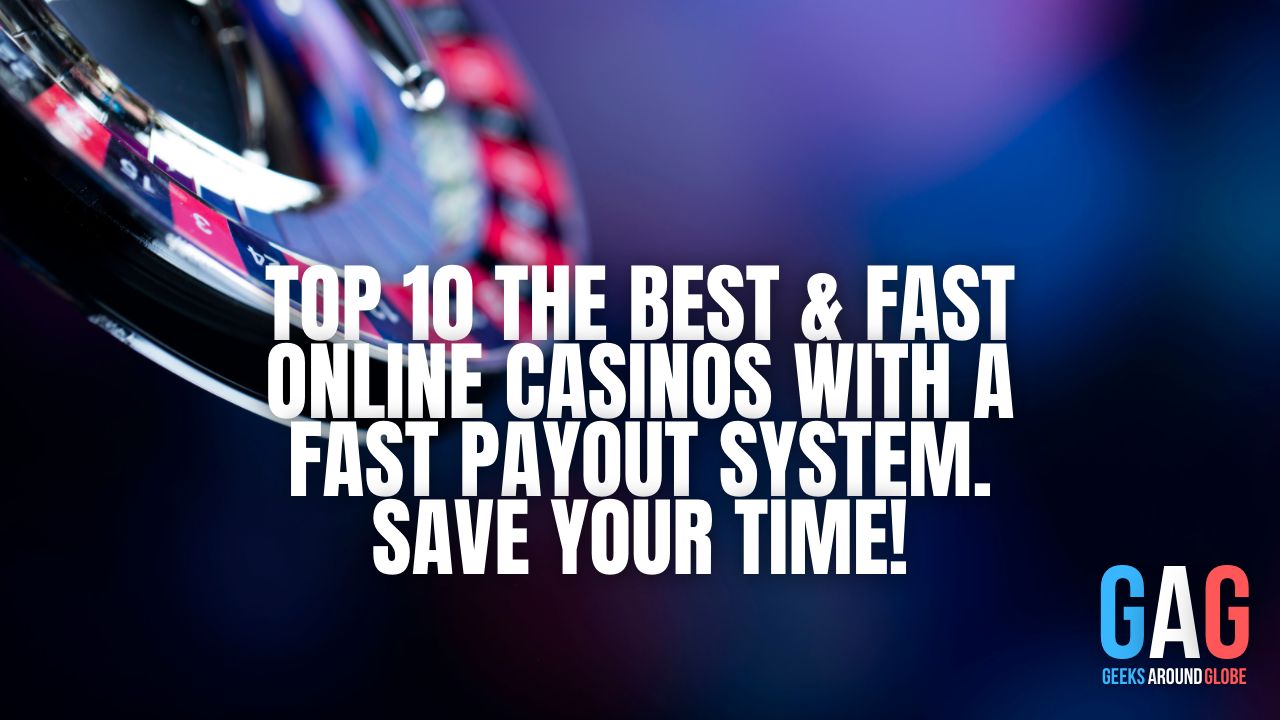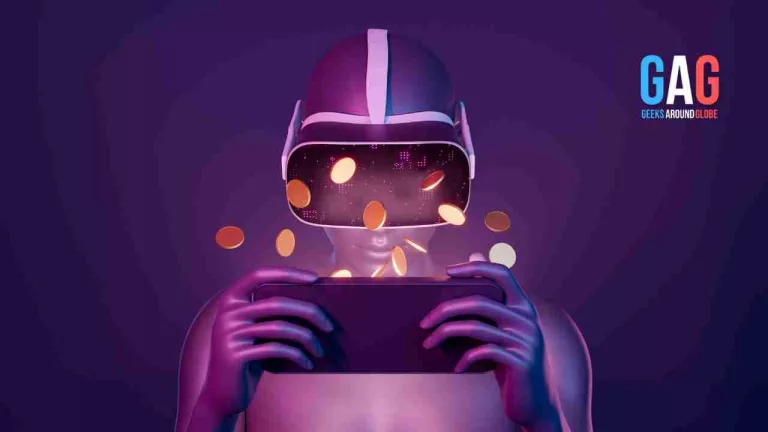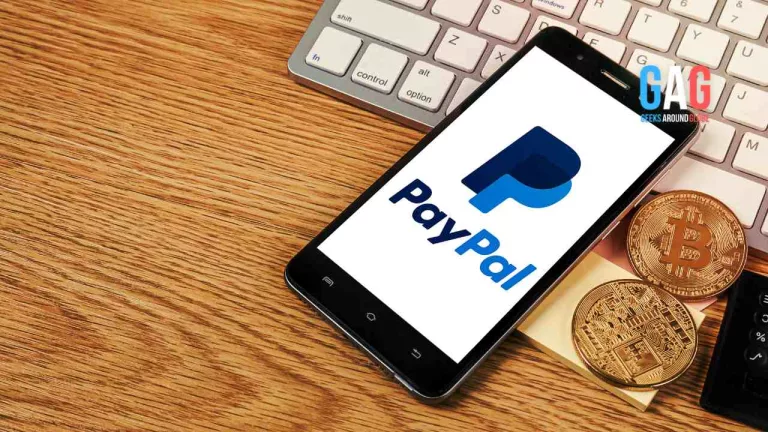Getting customers to buy something that isn’t available yet might seem like a cruel joke (and a grift at worst) but that’s increasingly how sales in the video game industry work. Pre-ordering, a practice much-maligned even by the players who do it, is an increasingly critical factor in any game’s marketing plans.
The Xsolla website suggests that pre-orders may even be worth up to a third of a title’s first-year income.
Potential Sales
How did we get here? From a consumer perspective, preordering doesn’t come with many advantages.
Sure, you might get a unique in-game item for your trouble but the original purpose of preordering, i.e. ensuring that you’ll get a copy on launch day, no longer exists – and hasn’t since publishers began preferring downloads to games on a disc.
Try and buy a physical title today and there’s a good chance you won’t get a disc at all, just a download code for your new gigabytes and a set of instructions.
This model contrasts with something like book publishing, which still uses pre-orders to inform potential sales numbers. Early purchases can also be a yardstick for what author Helen Cullen describes as “the elusive buzz”, a colloquialism for the amount of attention a book gets from readers.
A similar practice exists in the casino industry, not so much to gauge interest but to create it early in the business/customer relationship. The casino welcome bonus offered by Playstar gives new players 100 free spins and up to $500 cash when they deposit. Once again, these sign-up bonuses can be an indicator of just how well the marketing team is doing.
Video gaming has taken all this to its logical extreme.
Pre-Order Cash
Like a smoothie made from whatever’s left in the veg crisper, game developers will put anything and everything into pre-order editions.
In an extreme example, the Dying Light: My Apocalypse Edition included a real-life zombie shelter, headphones, night-vision goggles, and parkour lessons, among other things. It retailed for €250,000.
The Premium Edition of Resident Evil 6 came bundled with a replica of the main character Leon’s jacket and sold for $1,300.
These hugely expensive items are outliers meant for purchase by a solitary superfan. A much more realistic pre-order package includes a cloth map or a figurine – or, in the case of the release of Nintendo’s Zelda: Tears of the Kingdom in Japan, a branded spoon and fork.
It’s all a bit silly but there’s a dark side to pre-orders. As AAA games naturally generate a huge amount of hype, some developers are getting away with both a chunk of pre-order cash and the release of a less-than-stellar product.
The use of review embargoes has only made this problem worse, as consumers can no longer use professional opinions to inform their purchasing.
Overall, pre-orders do serve a purpose in all media industries. It’s just not always to the benefit of the customer, regardless of how many pieces of cutlery come bundled with a game.

